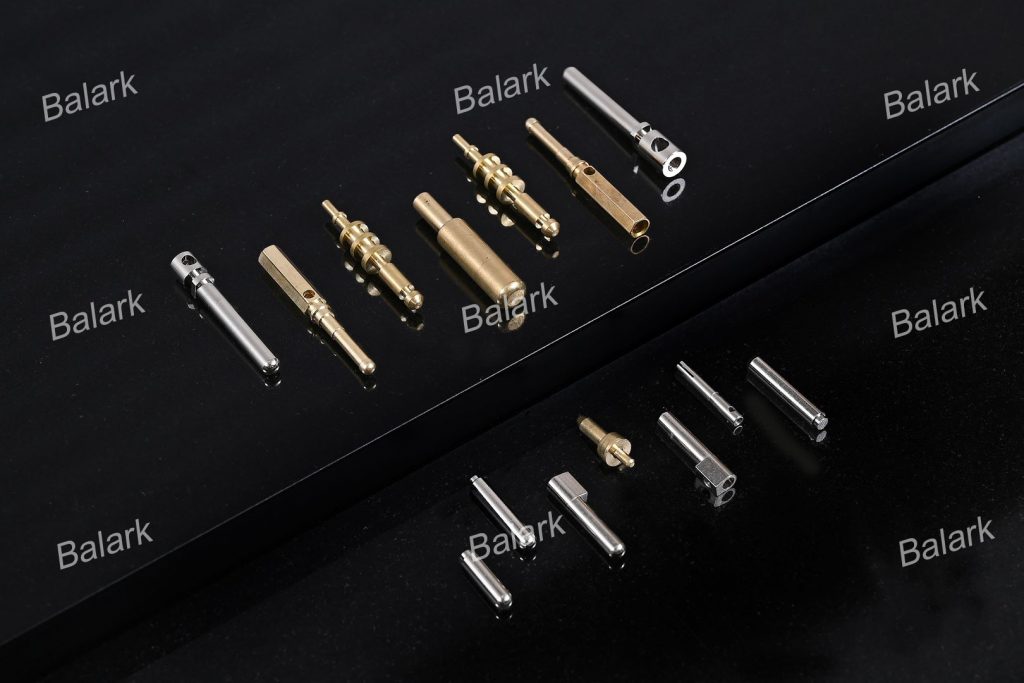Brass Pins, often overlooked in their simplicity, are indispensable in both practical and aesthetic realms. This article delves into the intricacies, exploring their diverse applications, manufacturing processes, and the timeless charm they bring to different industries.
Brass Pins in Crafting
Brass Pins in Jewelry Making: Brass Pins play a pivotal role in the world of jewelry crafting. Their malleability and corrosion resistance make them a preferred choice for connecting intricate pieces, ensuring durability and a lasting shine. From securing gemstones to linking delicate chains, These are the unsung heroes of every jewelry masterpiece.
Enhancing Textile Arts: In the realm of textile arts, serve as more than just functional tools. They become design elements, adorning fabrics and holding together layers in intricate patterns. Their contribution goes beyond utility, adding a touch of elegance to the visual appeal of textile creations.
The Manufacturing Marvel
Forging Brass Pins: Crafting these small yet significant accessories involves precision and artistry. Forging requires a meticulous approach, where skilled artisans mold the brass into various shapes and sizes. The result is a product that seamlessly combines functionality with aesthetics, meeting the highest standards of craftsmanship.
Quality Control Measures: The journey from raw materials to the finished product involves rigorous quality control measures. Each pin undergoes inspections for size, shape, and surface finish, ensuring that only the finest specimens reach the market. This commitment to quality makes reliable choice in diverse industries.
Applications Beyond Expectations
Brass Pins in Electronics: In the tech world, These are the unsung connectors that ensure seamless communication between electronic components. Their conductivity and resistance to corrosion make them essential in circuit boards, contributing to the reliability of electronic devices we use daily.
Securing Upholstery: Beyond the glitz of jewelry and the precision of electronics, It find their place in everyday furniture. Upholstery owes its longevity to these pins, discreetly holding fabrics in place and ensuring that furniture remains both functional and aesthetically pleasing.
Brass Pins: Addressing Common Questions
Are these Rust-Resistant? Absolutely! One of the remarkable features of Brass Pins is their resistance to rust. The natural properties of brass make these pins ideal for applications where exposure to moisture is a concern.
Can It Be Recycled? Yes, indeed. Brass Pins are recyclable, contributing to sustainability efforts. Recycling brass not only conserves resources but also reduces environmental impact, making it an eco-friendly choice.
Do Brass Pins Tarnish Over Time? While brass can develop a patina over time, it’s not tarnish in the traditional sense. Some people appreciate the aged look, but for those who prefer the original shine, regular cleaning can maintain the lustrous appearance.
What Size Range Do this Come In? It come in various sizes, catering to diverse needs. From tiny pins for delicate jewelry to larger ones for industrial applications, there’s a size for every purpose.
Are Brass Pins Safe for Allergies? Yes, These are hypoallergenic, making them a safe choice for those with sensitive skin. However, individual reactions may vary, and it’s advisable to test compatibility before prolonged use.
Where Can I Buy High-Quality Brass Pins? Quality matters when it comes to Reputable jewelry supply stores, hardware shops, and online platforms dedicated to craftsmanship are reliable sources for acquiring top-notch Brass Pins.
Conclusion:
In conclusion, Brass Pins are more than just utilitarian objects; they are a fusion of art and functionality. From jewelry making to electronics, these small yet mighty accessories have woven themselves into the fabric of various industries. Understanding their diverse applications and quality craftsmanship emphasizes their timeless significance.

